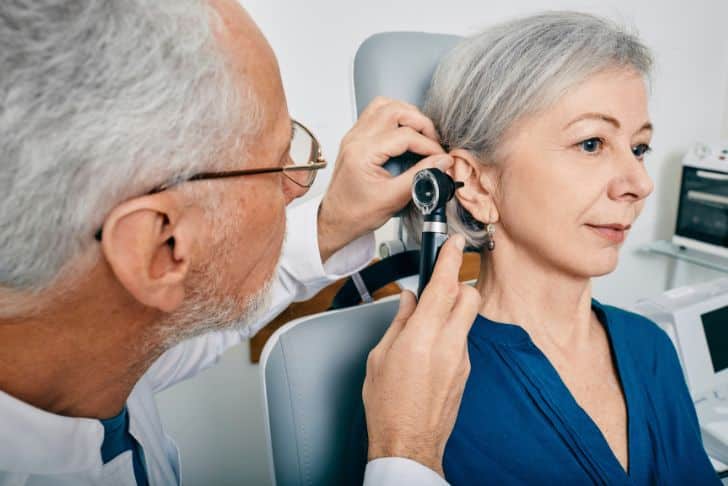Have you ever wondered about the complex relationship between aging and the medications that you take? As we advance in age, our bodies undergo changes that can impact how we absorb and use medications. It’s no surprise that a larger proportion of older adults tend to use more medications, which subsequently can lead to an increased risk of harmful drug interactions.

Understanding Drug Interactions in Older Individuals
Drug interaction in aging refers to the impact one drug has over the ability of another drug when taken together to produce the desired effect. Drug interactions can occur between any two or more drugs, including prescription and over-the-counter medications, supplements, and certain foods or drinks.
As an older adult, the types of drug interactions you should be aware of include drug-drug interactions, drug-condition interactions, drug-food interactions, and drug-alcohol interactions.
Drug-Drug Interactions
Drug-drug interactions occur when two or more drugs react with each other. This drug-drug interaction can cause your body to absorb a drug differently, change the way your body processes drugs, or increase the risk of side effects.
Drug-Condition Interactions
Drug-condition interactions occur when a medical condition you already have makes certain drugs potentially harmful. An example might be if you have high blood pressure, and you take a medication that has the potential to raise blood pressure.
Drug-Food Interactions
Drug-food interactions can happen with food, alcohol, or caffeine. For instance, grapefruit juice can alter the levels of certain drugs in your body, and alcohol can intensify the effects of certain drugs.
Drug-Alcohol Interactions
Drug-alcohol interactions can occur when a drug and alcohol react. Alcohol can increase the risk of sleepiness or drowsiness caused by certain medications.
The Impact of Aging on Medication Absorption and Use
Aging brings about changes in your body that can impact how you absorb and use medications. As an older adult, you may find that you need more or less of a medication to get the desired effect, or you may experience more or fewer side effects than younger adults.
Changes in your liver, kidneys, or heart can affect how quickly your body processes medications. Decreases in stomach acid can affect how well your body absorbs certain drugs. Aging can also affect drug distribution due to changes in body composition, such as increased body fat and decreased body water.
The Importance of Side Effects Tracking
Tracking side effects is essential as you grow older. Side effects are unwanted symptoms or feelings that occur when you take a medication. Common side effects include nausea, dizziness, diarrhea, constipation, and more. Some side effects are merely uncomfortable, while others are serious and require medical attention.
Documenting these side effects and discussing them with your healthcare provider can help to prevent possible complications and foster more informed decision-making about your medication use.
Communication with Health Care Professionals
Clear and open communication with your health care professionals about your health conditions, the medications you take, any health worries, or changes in your health is crucial. This ensures your care is tailored to your needs.
When discussing your medications, be sure to mention everything you take, including prescription drugs, over-the-counter medications, dietary supplements, herbal remedies, and even occasional medications such as pain relievers.
Moreover, if you encounter any challenges like trouble swallowing tablets or remembering to take your medicines, share these with your healthcare provider. They can suggest solutions like liquid formulations or using pill boxes.

The Role of Pharmacists
Pharmacists can be a valuable asset in helping you navigate drug interactions and potential side effects. They can guide you on how and when to take your medications, what side effects to look out for, and what to do if you experience them.
Take advantage of this resource by asking any questions about your medications and their instructions. Remember, there are no silly questions when it comes to your health.
Key Questions to Ask Your Doctor and Pharmacist
Having informed discussions with your healthcare providers about medications can help you prevent potential problems. Here are some important questions you should ask your doctor and pharmacist:
- What is the name of the medicine?
- What is it supposed to do?
- How and when should I take it?
- What are the potential side effects?
- Are there any special instructions or considerations I should be aware of?
By asking these questions, you can have a better understanding of your medications and more effectively manage any potential interactions or side effects.
Aging and medications bring challenges, and you’re doing an excellent job navigating through them. Remember: you’re not alone, and your doctor and pharmacist are there to support you in managing your health. Assuring you have the necessary knowledge to understand and manage your medications effectively will contribute to your overall health and wellbeing.

